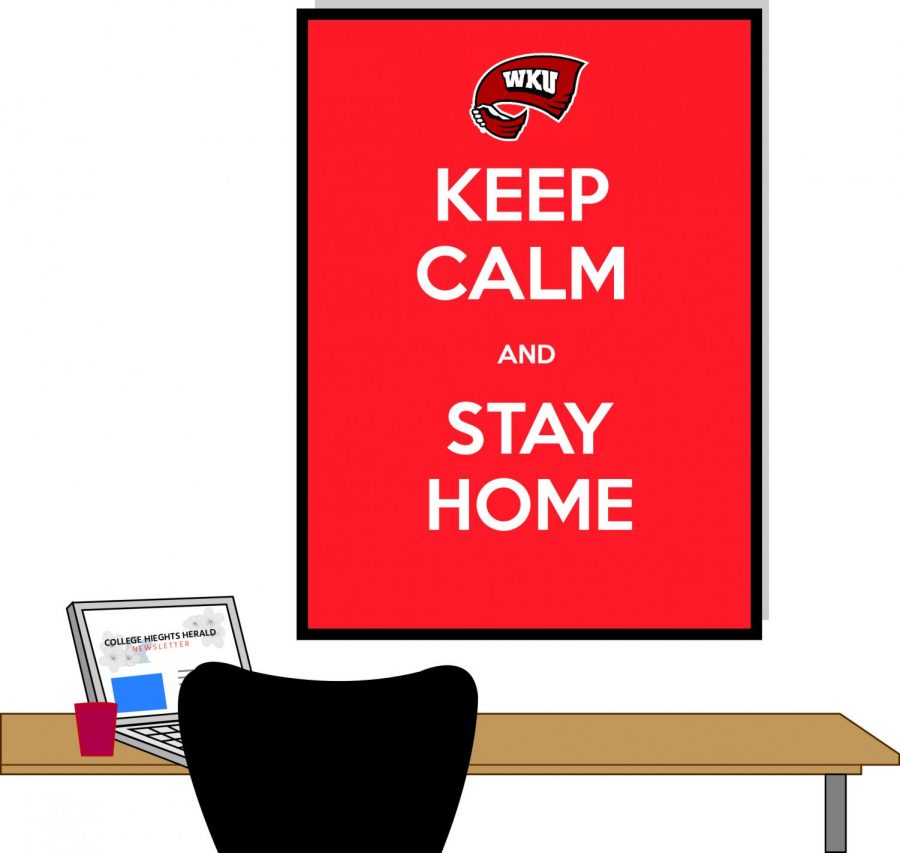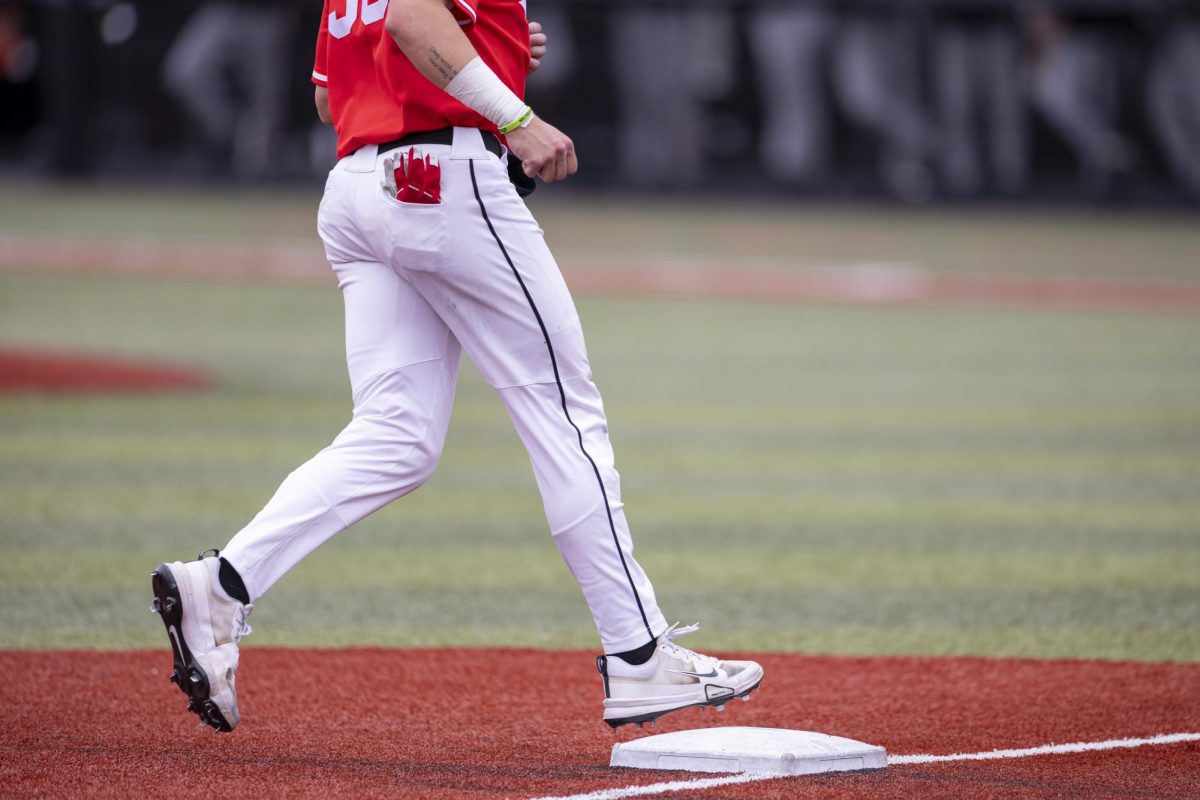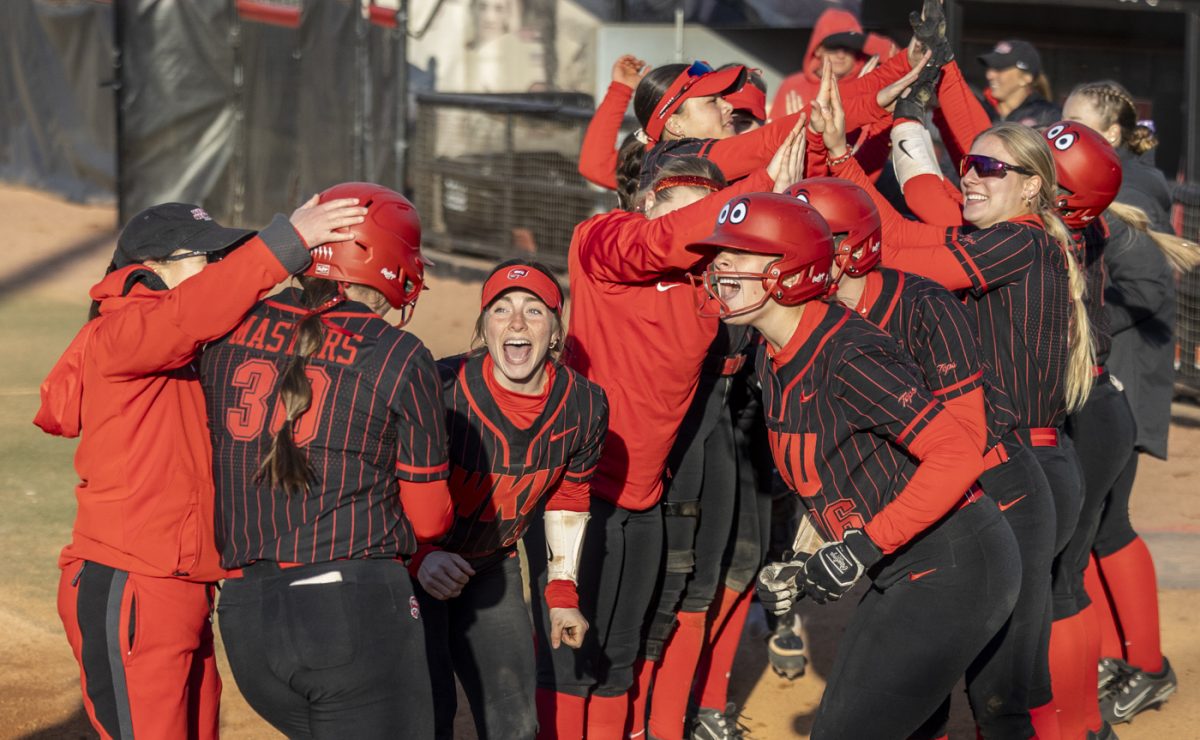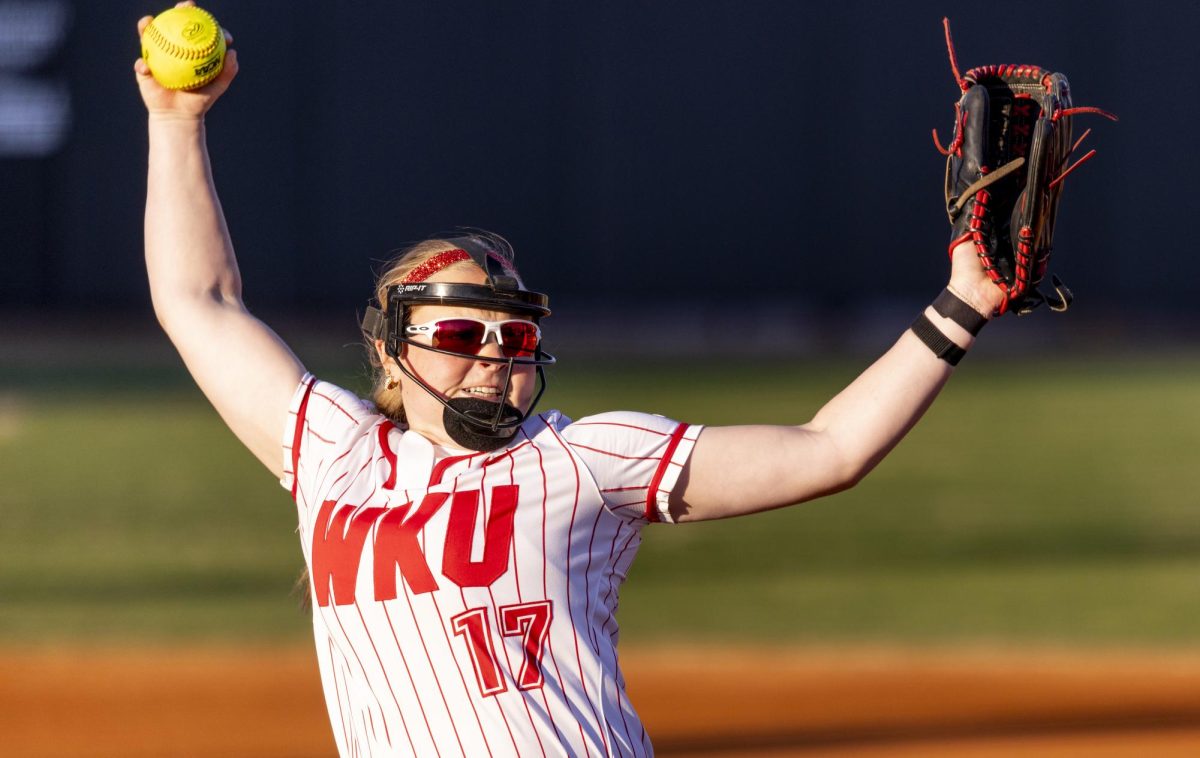Parties can wait. Listen to guidelines to protect those around you
April 2, 2020
Issue: Many students are downplaying the significance of the coronavirus pandemic by hosting large gatherings. At the same time, fearfully stocking up on supplies is not an appropriate reaction to this public health crisis.
Stance: Both responses, acting like nothing is wrong and acting like the world is ending, are completely nonsensical.
It’s spring time now. On campus the cherry trees are blooming and gusts of wind blow the white petals across walkways. Students lounge in hammocks by DSU, walk their dogs of all shapes and sizes and the bells at Cherry Hall continue to ring. Everything seems fine, and for most students at WKU, everything will continue to be fine.
But us young people often forget about others. It is in our nature to be self-centered. A certain selfishness is required to function as an independent adult. To truly become an adult though, one must put the needs of others before themselves.
There are plenty of news stories about young people getting sick, but let’s face it, the coronavirus is not a serious threat to our generation. The data is very clear on that. In Italy, where coronavirus struck hard, no one under 30 died. Only 1.2% of the cases were people 18 or younger. Of those, and of all the cases in general, most were mild symptoms.
This doesn’t mean the young are immune to coronavirus — a 12 year old in Atlanta was hospitalized and on a ventilator, and is now recovering — but it does mean we are responsible to keep others who are more at risk from being infected.
One way to do this is to refrain from holding large gatherings. The situation is still fairly mild in Warren County, where there have been 17 cases and no deaths as of March 30. However, this virus has an incredibly high transmission rate and can spread exponentially, so it is better to exercise caution. The CDC recommends communities cancel all events greater than 250 people. And for at-risk populations, it recommends no gatherings of more than 10 people.
Consider this: you throw a house party and someone who has no symptoms shows up and infects everyone else. Then those people return to their respective homes, go to stores or in the worst case scenario go and visit their grandparents. Now the virus spreads to all the places the infected go and results in the death of someone’s grandma.
Everyone has seen the video of the belligerent spring breaker saying, “If I get corona, I get corona.” What he failed to account for is the harm he could cause others.
Last week, Gov. Andy Beshear confirmed the first case of a Kentuckian bringing the virus back from a spring break trip in Florida. This is how a pandemic works. It spreads because of people unwilling to follow simple guidelines laid out by public health officials and scientists.
According to leading infectious disease expert Dr. Anthony Fauci, the virus could kill 100,000–200,000 Americans and infect millions.
So, the coronavirus is nothing to downplay.
On the other hand, some people have taken to completely isolating themselves. Many are afraid and uncertain. The economy is tanking, and people have lost their minds at grocery stores.
Total isolation can be challenging for students’ mental health, so it might be smart to move in with a small number of close family or friends, so long as they are not a part of the at-risk population like the elderly or those with health conditions (asthma, heart disease, diabetes).
And the fighting over paper towel rolls and cleaning products is a bad look in a time where we need unity.
So while the virus is a serious pandemic, it does not call for these fearful reactions. There are a lot of opinions and hot takes out there right now, but the truth is always more complicated.
Was the economic damage warranted? We won’t know for a while.
But we do know that small businesses, those working in the service and travel industries and others facing economic difficulties will have an uphill battle to face.
It is important that we support who we can by eating locally and thanking those endangering themselves: nurses, doctors and other healthcare professionals for their tireless work in these trying times.
We are living in the chapter of a history textbook right now. When we look back on this time, hopefully we can say we were a part of the solution and not the problem.













